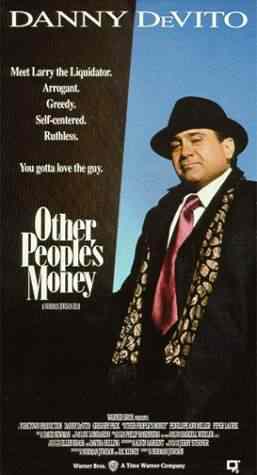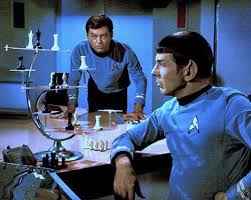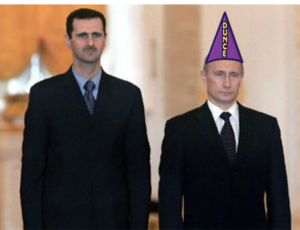 Yesterday’s season finale of the National Basketball Association (NBA) was mired in controversy. Three teams–the Chicago Bulls, Indiana Pacers and Miami Heat–were vying for the last playoff spot in the NBA East conference. To secure a chance at post-season play, Miami needed a win AND losses by either Indiana or Chicago.
Yesterday’s season finale of the National Basketball Association (NBA) was mired in controversy. Three teams–the Chicago Bulls, Indiana Pacers and Miami Heat–were vying for the last playoff spot in the NBA East conference. To secure a chance at post-season play, Miami needed a win AND losses by either Indiana or Chicago.
Miami did its part, besting the Washington Wizards 110-102. But their playoff hopes were undermined when the Atlanta Hawks (Indiana’s opponent) and the Brooklyn Nets (Chicago’s opponent) announced they would be resting many if not all of their star players. As predicted, Indiana and Chicago recorded easy victories, 104-86 and 112-73 respectively. The losing teams made no apologies. Atlanta was locked in fifth place in the East conference and argued its goal was to ensure its premier players, following the grueling 82-game regular season, were healthy and energetic when the playoffs commence this weekend. Brooklyn, which had been eliminated from post-season competition weeks ago, saw their final game as an opportunity to evaluate its younger players in anticipation of off-season personnel changes.
Miami and most sports reporters and pundits cried foul. For example, SB Nation columnist Kristian Winfield wrote:
The list of players resting on Wednesday could easily form one of the most formidable 12-man groups the NBA can offer. Missing that level of talent will sap a chunk of the value out of the 2016-17 season finale.
In addition to the Miami Heat, many sports writers and broadcasters identified fans as being equally aggrieved. Winfield continued:
Season ticket holders pay hard-earned money to watch their favorite players go out and compete. For playoff teams, it’s different. The season isn’t over. But for teams like the Knicks, Nets, Mavericks, and Pistons, a service is owed to the fans who have put money in the pockets of owners and players alike. It’s one thing resting players for a deeper purpose. It’s criminal to deprive fans of their favorite players.
I’m sorry, but I have little sympathy for either the Heat or the fans. Concerning the latter, I’m willing to bet those same ticket holders will have NO problem, when their teams are more competitive, if their coach and front office sit their stars to increase the chances of advancing through the playoffs. The ultimate goal for every NBA franchise is to hold the Larry O’Brien Championship Trophy in mid-June. Getting there requires both an on-court and off-court strategy.
As for the Miami Heat, I was reminded of my days as a member of the faculty at Miami University. Without fail, one or more students would approach me after receiving their grades on the final semester assignment. In every case, it seemed a one or two point deviation in their score would make a difference in their final grade, and in turn, their grade point average. My response? Why are you coming to me now? You had myriad opportunities throughout the semester to raise your grade in the class.
So it is with the Heat. All they had to do was turn ONE of their 41 defeats during the 2016-17 campaign into a victory and last night’s game would have been meaningless. They, too, would most likely have rested their players in preparation for a playoff run. There are many legitimate reasons why this did not happen. Player injuries. Hot shooters having an off night. Bad coaching decisions (play calls or substitutions) during critical times in a game. Questionable calls by the officials. But a playoff contender should have been able to overcome these set-backs at least once in 41 tries.
So don’t blame the Atlanta Hawks or the Brooklyn Nets. From opening day, the Heat had the ability to control its own destiny. In other words, it’s not always how you perform in the end. Sometimes it’s more important what you achieve at the outset.
For what it’s worth.
Dr. ESP
 In the 1991 movie Other People’s Money, Lawrence “The Liquidator” Garfield, played by Danny DeVito, selects a struggling family-run business in a small Rhode Island town as his next target. I was reminded of this semi-successful film (Roger Ebert gave it 3.5 our of five stars) as I read a series of news articles this morning which claim Comrade Trump is “on pace to surpass eight years of Obama’s travel spending in one year.” (Source: CNN) Not to mention His Orangeness’ frequent trips to Mar-a-Lago/Winter White House/Southern White House have cost the residents of Palm Beach an estimated $1.7 million to date. Not to mention the New York Police Department estimates they spend $500,000/day on security for Melania and Baron Trump.
In the 1991 movie Other People’s Money, Lawrence “The Liquidator” Garfield, played by Danny DeVito, selects a struggling family-run business in a small Rhode Island town as his next target. I was reminded of this semi-successful film (Roger Ebert gave it 3.5 our of five stars) as I read a series of news articles this morning which claim Comrade Trump is “on pace to surpass eight years of Obama’s travel spending in one year.” (Source: CNN) Not to mention His Orangeness’ frequent trips to Mar-a-Lago/Winter White House/Southern White House have cost the residents of Palm Beach an estimated $1.7 million to date. Not to mention the New York Police Department estimates they spend $500,000/day on security for Melania and Baron Trump.
